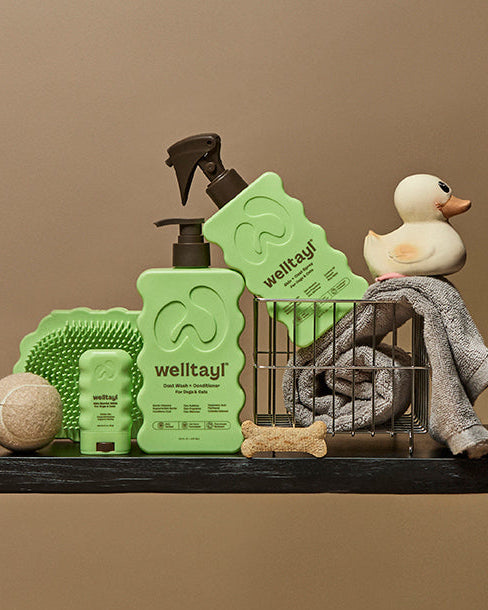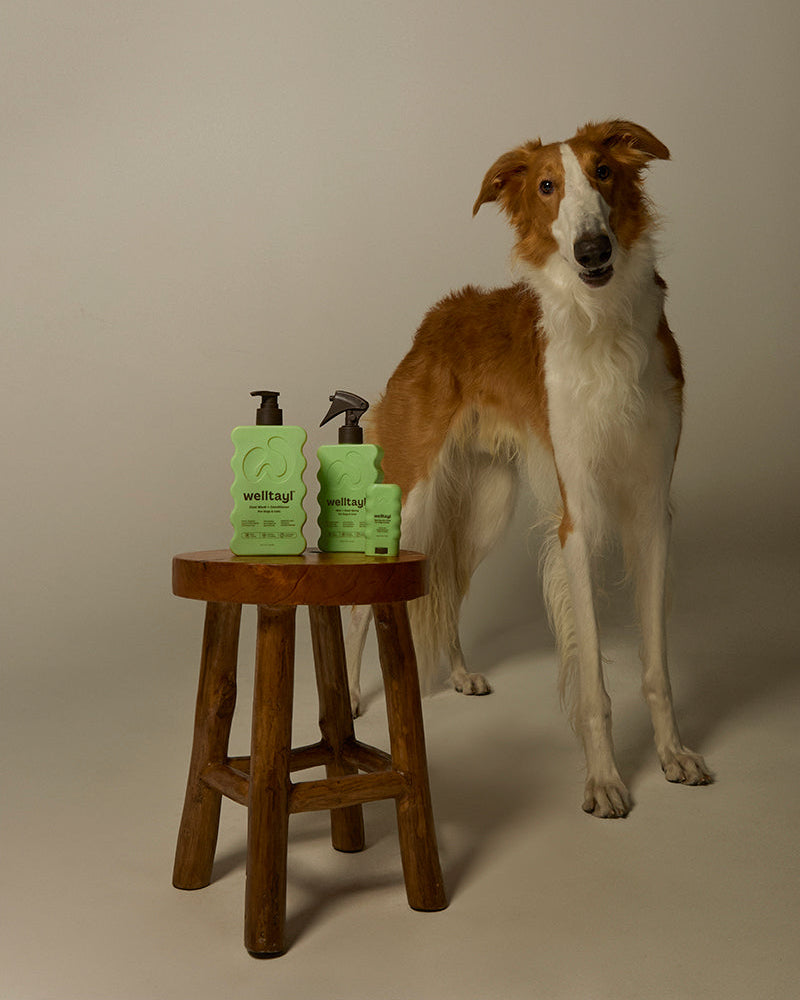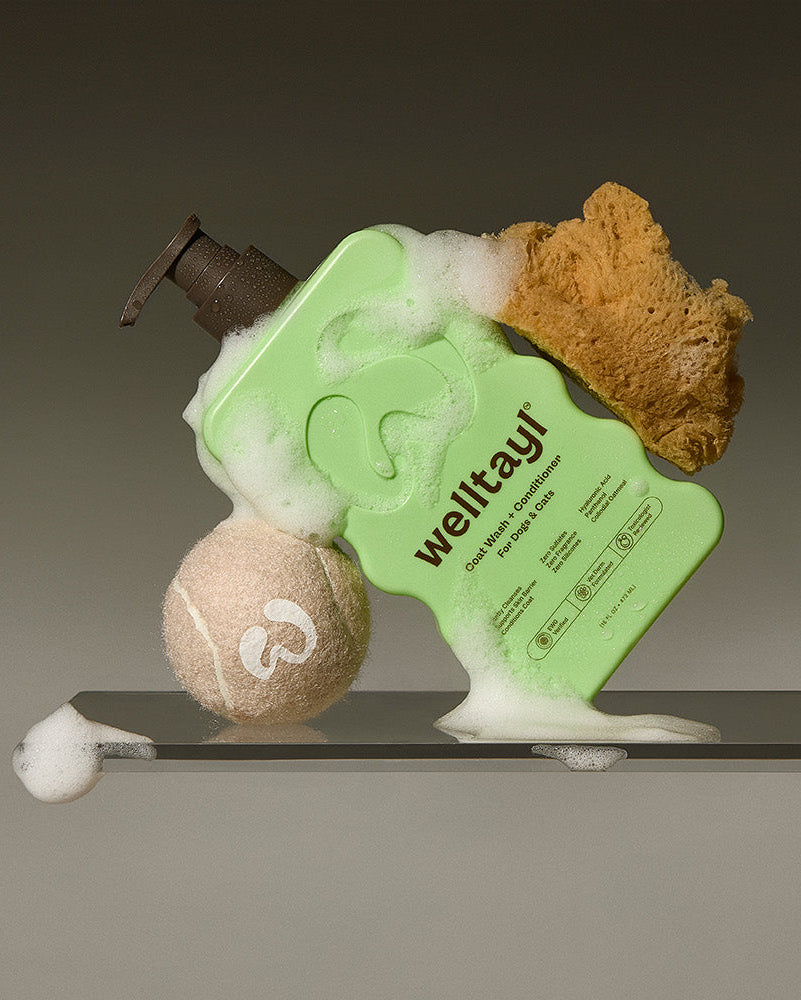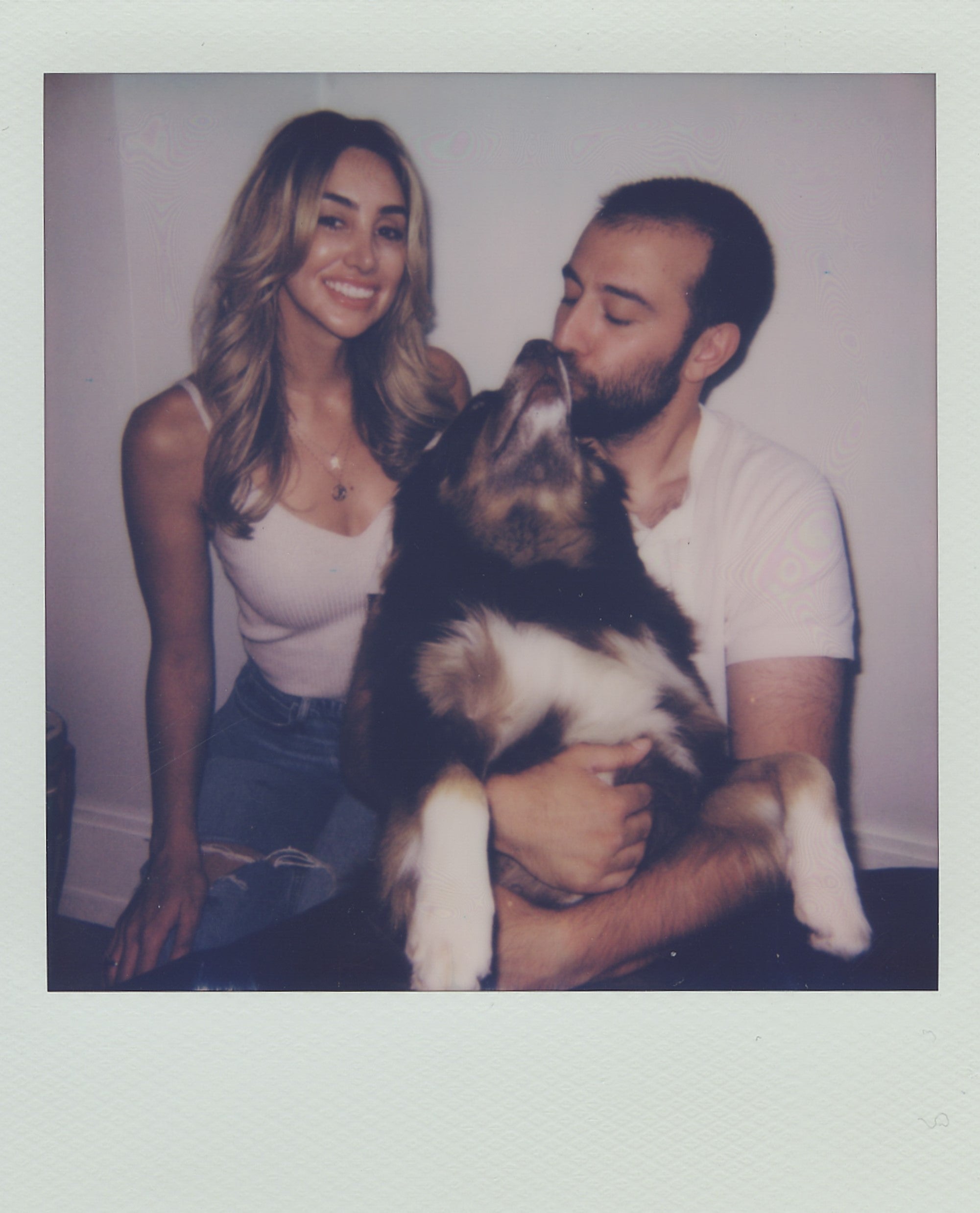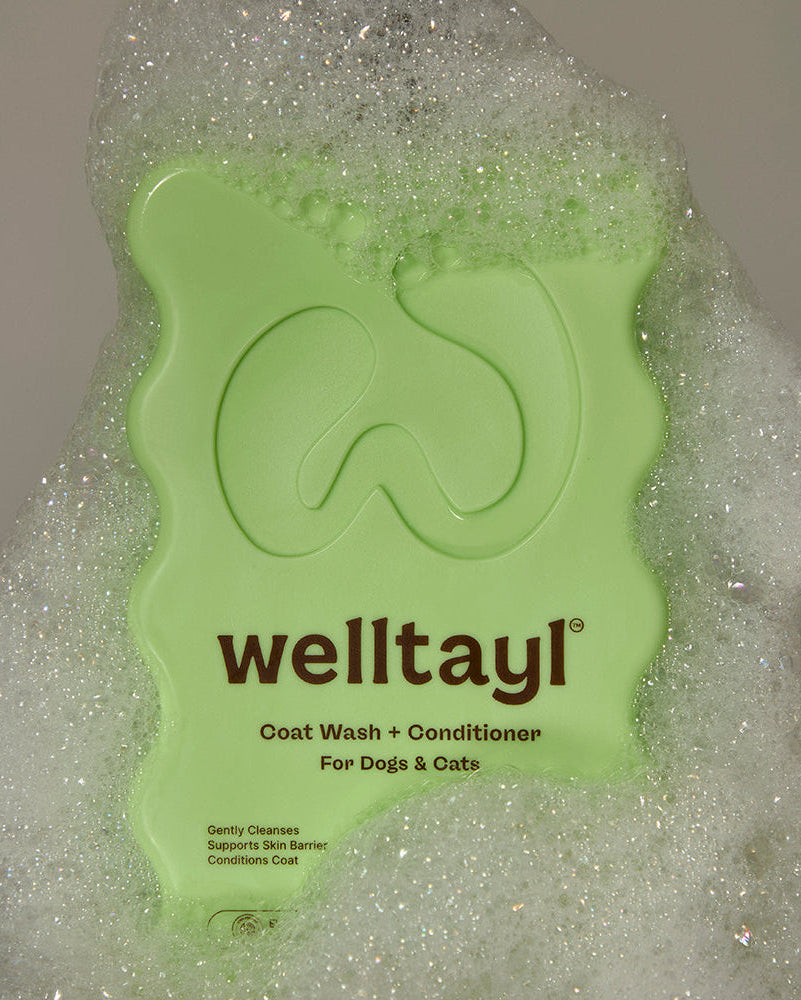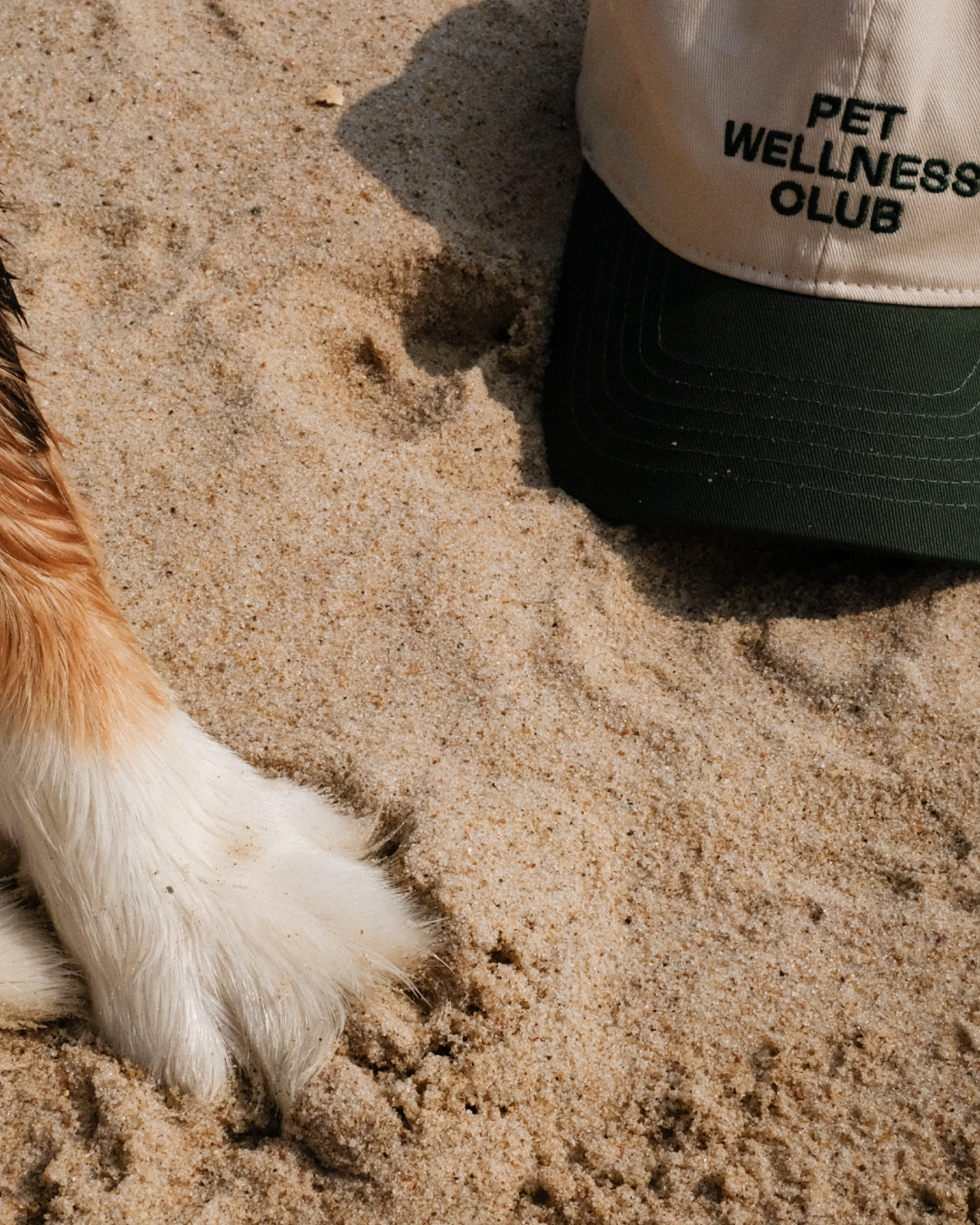Your dog’s diet plays a huge role in keeping them happy, healthy, and full of energy. Just like you need the right mix of foods to grow strong and stay active, your furry friend needs the right balance too. A good diet helps their coat stay shiny, their teeth stay strong, and their tail wag all day long.
Have you ever noticed how excited your dog gets around food? Whether it’s their favorite kibble or a sneaky bite of your dinner, what they eat matters. Feeding them the right nutrients isn’t just about keeping them full—it’s about giving them the fuel they need to run, play, and cuddle without a care in the world. Understanding what goes into their bowl can make all the difference to their health and happiness.
Table of Contents:
- Key Takeaways
- Importance Of A Balanced Diet
- Nutritional Needs Of Dogs
- 3 Types Of Dog Diets
- Choosing The Right Diet For Your Dog
- Conclusion
- Frequently Asked Questions
Key Takeaways
-
🐶 A balanced diet is essential for keeping your dog healthy, happy, and full of energy, impacting their coat, and overall well-being.
-
🥦 Key nutrients like proteins, fats, vitamins, and minerals support muscle growth, immune function, skin health, and energy levels.
-
🐕 Portion control is crucial to maintain a healthy weight, and diets should be tailored to your dog’s age, size, and activity level.
-
🥗 Different diets offer unique benefits, but all should prioritize balanced nutrition.
-
❗️ Common mistakes like overfeeding, skipping balanced nutrition, and neglecting vet consultations can negatively impact your dog’s health.
-
💚 A proper diet promotes better digestion, strengthens the immune system, improves oral health, and enhances your dog’s overall quality of life.
Importance Of A Balanced Diet
A balanced diet gives your dog the nutrients needed for strong muscles, healthy organs, and steady energy. Without proper nutrition, dogs may face problems like poor digestion, dull coats, or low energy levels.
Vitamins and minerals strengthen your dog's immune system and improve bone health. Calcium supports strong teeth and bones, while vitamins like A and E help with vision and skin health. Omega-3 fatty acids contribute to shiny coats, reducing dryness and even possibly shedding.
Portion control promotes healthy weight maintenance. Overfeeding can lead to obesity, affecting mobility and longevity. Commercial diets will have a chart based on your dog’s weight, and in some cases age, for portion recommendations.
Nutritional Needs Of Dogs
A dog's diet is critical for their health, energy, and overall well-being. Understanding the nutritional components of their meals helps you make informed decisions to keep your dog happy and thriving.
Proteins
Proteins provide essential amino acids that support muscle growth, tissue repair, immune function, and energy. Puppies, working dogs, or highly active dogs benefit from higher protein content to meet their developmental or activity needs.
Carbohydrates
Carbohydrates are a valuable energy source and provider of dietary fiber, aiding digestion and promoting gut health. Ingredients such as rice, oats, or sweet potatoes are a source of energy in your dog's diet.
Fats
Fats are especially important to skin and coat health. Omega-3 and Omega-6 fatty acids reduce inflammation and maintain a shiny coat. Healthy sources like fish oil or chicken fat ensure optimal absorption of fat-soluble vitamins.
Vitamins And Minerals
Vitamins and minerals support immunity, bone growth, and organ health. Calcium and phosphorus promote strong teeth and bones, while vitamins A and E enhance vision and skin health. Ensure a balanced intake of micronutrients through their dog food or vet-recommended supplements.

3 Types Of Dog Diets
Understanding the different types of dog diets ensures your pet gets the nutrition they need to stay healthy and active. Each diet offers unique benefits, so it’s important to choose one that fits your dog’s age, size, and lifestyle.
1. Commercial Dog Food
Commercial dog food is convenient and widely used. It's available in several forms to suit various preferences and budgets.
Kibble is the most common diet among dogs. It’s dry, with typically around 90% dry matter and 10% moisture content, making it easy to store and feed. High-quality kibble contains a protein source, like chicken or beef, as its first ingredient. Commercial dog foods are designed to be complete, providing proteins, fats, carbohydrates, vitamins, and minerals in the right balance.
2. Homemade Diets
Homemade diets allow you to control every ingredient that goes into your dog’s food. Preparing meals at home ensures freshness and avoids certain preservatives, but homemade diets must be prepared under the guidance of a board-certified veterinary nutritionist to avoid feeding an unbalanced diet which can lead to nutrient deficiencies.
3. Raw Food Diets
Raw food diets typically consist of uncooked proteins. Advocates believe raw diets support healthier skin, shinier coats, and more energy but raw diets are not recommended by the American Veterinary Medical Association (AVMA) due to the potential for bacterial contamination leading to exposure risks in both pets and their humans. .
Stay Updated with More Pet Knowledge!
For more dog info and knowledge, consider signing up for the Welltayl newsletter. It's packed with helpful advice tailored for dog owners like you, ensuring your furry friends stay healthy and happy. Sign up today and keep up to date with the latest in dog care.

Choosing The Right Diet For Your Dog
Feeding your dog the right diet keeps them healthy, active, and happy. Dogs thrive when their food is tailored to their specific needs like age, size, and activity level.
3 Factors To Consider
1. Breed and Size
Different breeds and sizes mean varying nutritional needs. The larger the dog, the more calories they need. This is especially important in growing puppies as larger breed dogs require different amounts of calcium and phosphorus than smaller breeds.
2. Age
Nutritional needs change with age. Puppies need caloric intake to support growth and development. Seniors especially, benefit from having additives such as glucosamine for joint health.
3. Activity Level
Highly active dogs perform best on high-calorie diets with extra protein. Less active dogs may manage better on a low-calorie diet to help avoid weight issues.
Conclusion
Providing your dog with a well-balanced diet is one of the most impactful ways to ensure their long-term health and happiness. By understanding their nutritional needs and tailoring their meals to their age, size, and activity level, you’re setting them up for an active and vibrant life.
No matter what diet you choose, the key is to prioritize quality ingredients and consult with a vet to meet their specific requirements. A proper diet doesn’t just fuel your dog’s body; it strengthens their immune system, supports their coat and teeth, and enhances their overall well-being.
Every meal you provide is an opportunity to show care and love, so make it count. A healthy diet leads to a happy dog—and a happy dog makes for a joyful companion.
Don't miss out—subscribe to the Welltayl newsletter! Get helpful tips about your dog's health. Whether you're searching for easy-to-understand advice or new ways to keep your furry friend happy, Welltayl's got you covered. Join us today! 🐾
Frequently Asked Questions
How does portion control impact a dog’s health?
Proper portion control helps maintain a healthy weight.Obesity can lead to mobility issues and decrease life expectancy. Overfeeding negatively affects your dog’s health.
Can homemade dog food be a good option?
Homemade diets can be a good option if carefully prepared with the right balance of nutrients, only under the guidance of a board-certified veterinary nutritionist.
Is raw food safe for dogs?
Raw food diets are not recommended by the AVMA due to the risk they pose to human and animal health.
Are supplements necessary for my dog?
If your dog’s diet meets all nutritional requirements, supplements are typically not necessary. However, in cases of deficiencies or specific health needs, consult your vet for recommendations.
Resources:
Read more

Discover effective strategies to ease your dog's separation anxiety. Create a happier dog with expert-backed tips. Start improving your dog's well-being today!

Learn essential first aid for dogs to respond effectively in emergencies and potentially save your pet's life. Be prepared and act quickly with our vet-approved tips!


